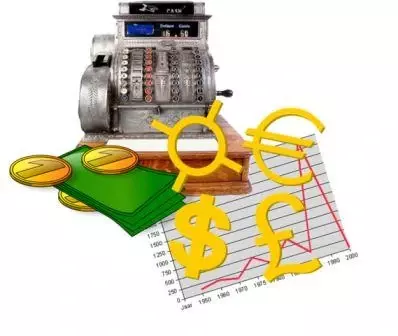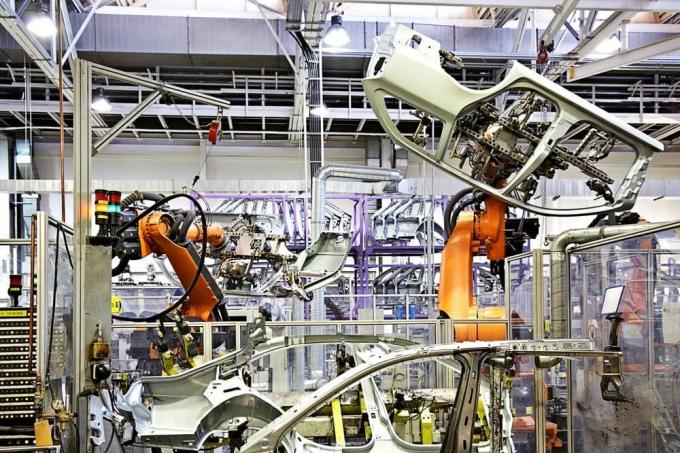Gregory Mankiw, professor of economics and American macroeconomist. He earned his summa cum laude economist degree from Princeton University. He is currently teaching at Harvard. Among the manual books of basic studies that he has published is "Principles of Economics", where he mentions ten basic principles to develop it, below is an outline of the idea put forward by Mankiw in that publication.

Advertisements
HOW INDIVIDUALS MAKE DECISIONS
First principle: individuals face trade-offs
Advertisements
Decision-making is to select one of two objectives, frequently to achieve what you want you have to give up something else that you also want.
Individuals grouped in societies are forced to face trade-offs such as efficiency and equity. The first assumes that society makes the most of its scarce resources and the second that the benefits derived from them are equitably distributed. Thus, by distributing the income of the rich in favor of the poor, the state reduces the remuneration compared to what it is. obtained as a result of hard work, resulting in individuals working less and producing fewer goods and services.
Advertisements
Second principle: the price of a thing is what you give up to get it. Decisions made must compare costs and benefits of courses of action.
Third principle: Rational people think in marginal terms. Making adjustments to a pre-existing plan of action is called marginal change, according to economists. A rational decision is made if and only if the marginal benefit is greater than the marginal cost.
Advertisements
Fourth principle: individuals respond to incentives. Since decisions are made by comparing costs and benefits, behavior can vary when these change.
HOW INDIVIDUALS INTERACT
Advertisements
Fifth principle: The welfare of everyone can be improved by trade.
Sixth principle: a good mechanism to organize economic activity is markets
Seventh principle: Sometimes the results of the market can improve them Status. Two reasons why the State intervenes in the economy and they are efficiency and equity, such as the collection of income tax and the social assistance system, to ensure a more equitable distribution of welfare economic.
HOW THE ECONOMY WORKS AS A WHOLE
Eighth principle: The ability to produce goods and services is what will determine the standard of living of a country.
Ninth principle: If the government prints more money, prices will go up. When the government creates a large sum of money, its value decreases.
And finally…
Tenth principle: Inflation and unemployment will be the short-term dilemma that society will face. Minimizing the amount of money in circulation will raise unemployment until prices adjust in response to the change.


